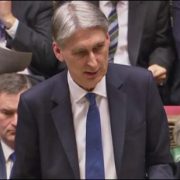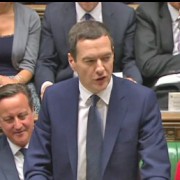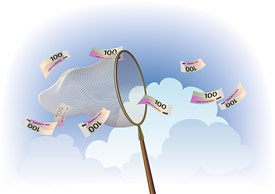Undeclared Overseas Assets? Beware the ‘Requirement to Correct’ Deadline!

What does this mean for me?
If you are a taxpayer with overseas assets which are undeclared as regards income tax, capital gains tax or inheritance tax, you have an obligation to sort things out by 30 September 2018.
People who ignore this requirement and whose income or assets subsequently come to light will face much, much higher penalties and sanctions after the deadline.
Why bother now?
The United Kingdom has signed up for information exchange with a whole host of other countries. The information it receives from them will be input into its intelligence system known as Connect. This increases the likelihood of undeclared sources coming to light.
What if I do nothing?
After the deadline date, if your undeclared sources of income or gains come to light, you will face potential penalties as follows:
- A tax geared penalty of between 100% and 200% of the tax due;
- A potential asset based penalty of up to 10% of the asset value where the relevant tax at stake is over £25,000 in any one tax year;
- Adverse publicity from being publicly named as a tax cheat where the tax is over £25,000;
- A further potential penalty of 50% of the standard penalty if the Revenue show that assets or funds have been moved in an attempt to avoid the requirement to correct.
If you have a reasonable excuse for failing to correct your tax position, such as failing health for example, then penalties may be reduced or not charged in exceptional circumstances.
Get Started:
If you think you might be affected or are in any doubt, we suggest you act now to avoid any problems before the deadline.
Call Taxfile on 0208 761 8000 for a no-obligation discussion if you want to put things right. Alternatively, book an appointment here. We have a wealth of experience in dealing with voluntary disclosures and negotiating settlements with HMRC, so can definitely help you. We offer tax advice and accountancy services from our offices in Tulse Hill, Dulwich and Battersea in South and South West London along with tax experts in Exeter, Plymouth, Poole, Dorset, Devon, Yorkshire and Carlisle.






 Back in January
Back in January On 5 December 2013 George Osborne, Chancellor of the Exchequer, gave his Autumn Statement in Parliament. Key announcements included:
On 5 December 2013 George Osborne, Chancellor of the Exchequer, gave his Autumn Statement in Parliament. Key announcements included: